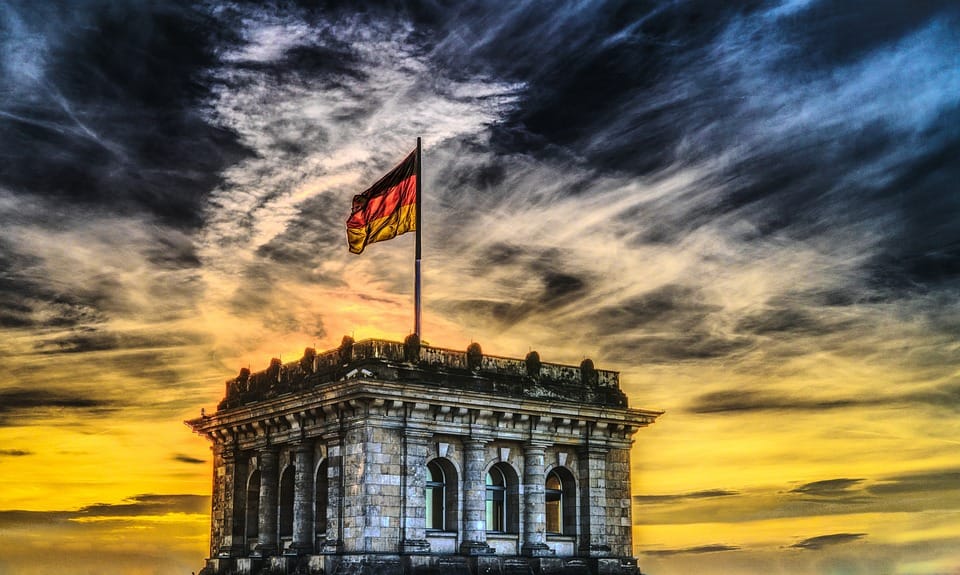The Rise of Governance Tokens: A Look at the Most Successful Use Cases in Blockchain History
In recent years, the concept of governance tokens has gained significant attention in the blockchain and cryptocurrency community. Governance tokens are a type of cryptocurrency that enables holders to participate in the decision-making process of a blockchain project or decentralized organization (DAO). This new form of token has opened up new opportunities for stakeholders to have a say in the direction and development of a project, fostering greater transparency, accountability, and community engagement.
In this article, we will delve into the history of governance tokens, highlighting the most successful use cases in blockchain history. We will also explore the benefits and challenges of governance tokens, and provide a comprehensive overview of the current landscape.
A Brief History of Governance Tokens
The concept of governance tokens can be traced back to 2014, when the DAO (Decentralized Autonomous Organization) was launched. The DAO was a decentralized funding platform that used a smart contract to raise funds and distribute them to projects and initiatives. However, in 2016, the DAO was hacked, leading to the loss of over $50 million in Ethereum (ETH).
Despite the setback, the idea of governance tokens persisted, and in 2017, the Ethereum (ETH) community launched the Ethereum Improvement Proposal (EIP) 145, which proposed the creation of a new type of token called "governance tokens." These tokens would enable holders to participate in the decision-making process of the Ethereum network, providing a new level of transparency and accountability.
Successful Use Cases in Blockchain History
Several blockchain projects have successfully implemented governance tokens, leading to increased community engagement and decentralized decision-making. Here are some of the most notable examples:
- MakerDAO: MakerDAO is a decentralized lending platform that uses the DAI stablecoin as its reserve currency. In 2017, the project launched its governance token, MKR, which enables holders to vote on proposals for the development and management of the platform.
- Compound: Compound is a decentralized lending protocol that allows users to lend and borrow cryptocurrencies. In 2019, the project launched its governance token, COMP, which enables holders to vote on proposals for the development and management of the protocol.
- Aave: Aave is a decentralized lending protocol that allows users to lend and borrow cryptocurrencies. In 2020, the project launched its governance token, LEND, which enables holders to vote on proposals for the development and management of the protocol.
- Augur: Augur is a decentralized prediction market platform that uses the REP token as its governance token. REP holders can vote on proposals for the development and management of the platform.
Benefits of Governance Tokens
Governance tokens have several benefits, including:
- Increased Transparency: Governance tokens provide a new level of transparency, enabling holders to see exactly how their votes are being used to shape the direction of a project.
- Accountability: Governance tokens hold token holders accountable for their decisions, ensuring that they are actively participating in the decision-making process.
- Community Engagement: Governance tokens foster community engagement, enabling holders to participate in the development and management of a project.
- Decentralized Decision-Making: Governance tokens enable decentralized decision-making, reducing the reliance on centralized authorities.
Challenges of Governance Tokens
Despite the benefits of governance tokens, there are several challenges, including:
- Voter Turnout: Governance tokens often struggle with low voter turnout, making it difficult to achieve quorum and make decisions.
- Voter Manipulation: Governance tokens are vulnerable to voter manipulation, as malicious actors may attempt to influence the outcome of a vote.
- Scalability: Governance tokens can be slow and expensive to process, making it difficult to scale decentralized decision-making.
- Security: Governance tokens are vulnerable to security risks, including hacking and other forms of exploitation.
Current Landscape
The current landscape of governance tokens is rapidly evolving, with several new projects launching governance tokens in recent years. The rise of decentralized finance (DeFi) has also led to increased adoption of governance tokens in the DeFi space.
Conclusion
Governance tokens have come a long way since their inception in 2014. The concept of governance tokens has opened up new opportunities for stakeholders to participate in the decision-making process of a blockchain project or DAO, fostering greater transparency, accountability, and community engagement. While there are several challenges associated with governance tokens, the benefits far outweigh the drawbacks. As the blockchain and cryptocurrency community continues to evolve, we can expect to see even more innovative use cases for governance tokens in the future.
FAQs
Q: What is a governance token?
A: A governance token is a type of cryptocurrency that enables holders to participate in the decision-making process of a blockchain project or decentralized organization (DAO).
Q: What are the benefits of governance tokens?
A: The benefits of governance tokens include increased transparency, accountability, community engagement, and decentralized decision-making.
Q: What are the challenges of governance tokens?
A: The challenges of governance tokens include voter turnout, voter manipulation, scalability, and security.
Q: How do governance tokens work?
A: Governance tokens work by enabling holders to vote on proposals for the development and management of a project. The voting process is typically facilitated by a smart contract, which ensures that votes are transparent and tamper-proof.
Q: Can anyone participate in governance token voting?
A: Yes, anyone who holds a governance token can participate in voting. However, some projects may have additional requirements, such as a minimum holding period or a certain amount of tokens held.
Q: Are governance tokens secure?
A: Governance tokens are vulnerable to security risks, including hacking and other forms of exploitation. However, most projects use robust security measures, such as multi-sig wallets and decentralized storage, to protect against these risks.

Leave a Reply